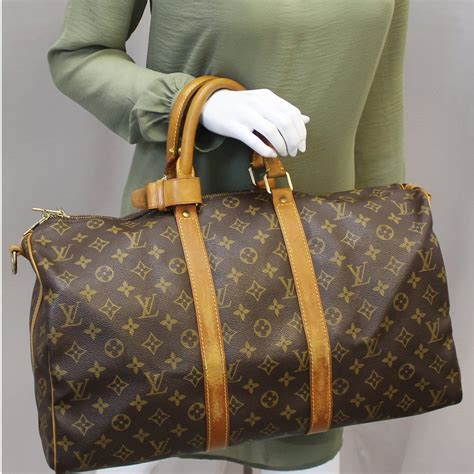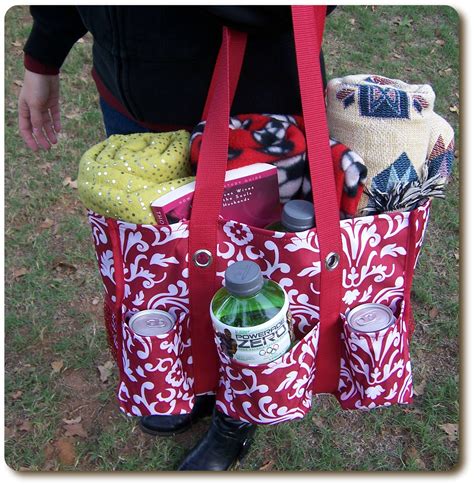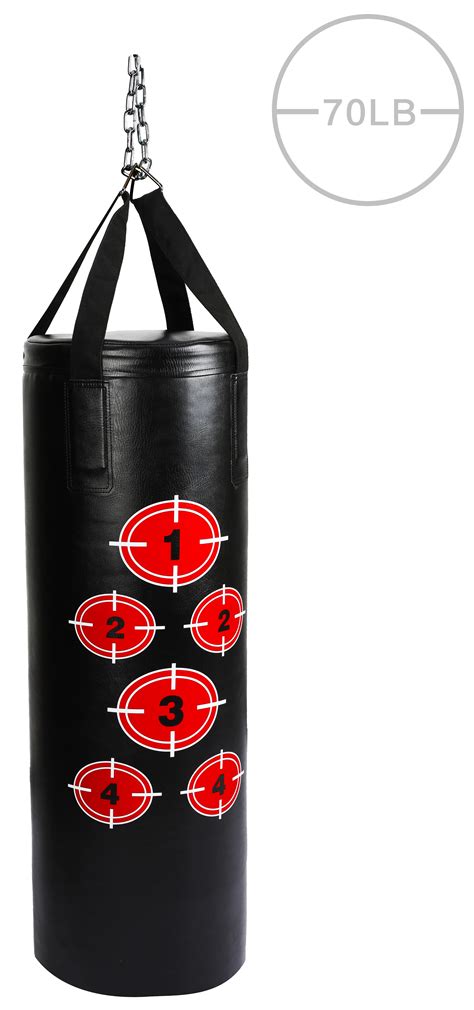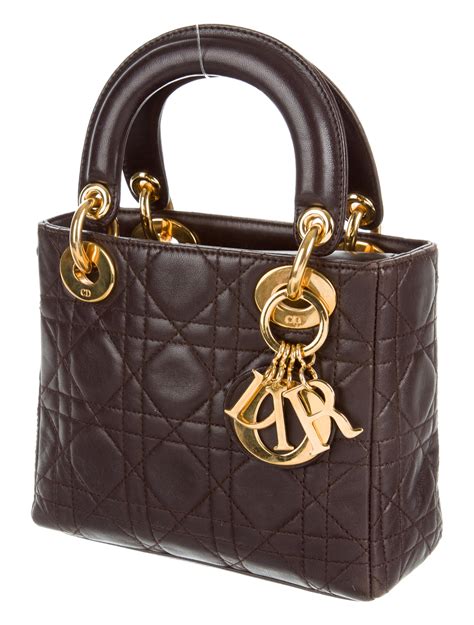lv jewelry exchange | the jewelry exchange villa park
$111.00
In stock
The world of jewelry can be dazzling, complex, and often intimidating. Whether you're looking to acquire a timeless piece, sell unwanted items, or exchange existing jewelry for something new, navigating the market can be a challenge. That's where understanding the options available at places like the LV Jewelry Exchange becomes crucial. This article aims to provide a comprehensive overview of jewelry exchanges, drawing parallels to various business models like the jewelry exchange factory direct, the jewelry exchange villa park, and specific exchanges such as lehigh valley gold exchange, las vegas jewelry exchange, and woodbridge diamond exchange, while addressing common questions like does jewelry exchange buy rings and considering broader concepts like the diamond gold exchange.
Understanding the Concept of a Jewelry Exchange
At its core, a jewelry exchange facilitates the buying, selling, and trading of jewelry. This can encompass a wide range of items, from precious metals like gold, silver, and platinum, to gemstones like diamonds, rubies, and sapphires. The "exchange" aspect implies a direct interaction between buyers and sellers, often bypassing traditional retail markups. However, different jewelry exchanges operate with varying business models and specializations.
Types of Jewelry Exchanges and Their Characteristics
1. The Jewelry Exchange Factory Direct: This model emphasizes cutting out the middleman by connecting consumers directly with manufacturers or wholesalers. The advantage is potentially lower prices due to the absence of retail markups. However, the selection might be more limited, and the customer service experience might differ from a traditional retail setting. These exchanges often specialize in specific types of jewelry or materials, such as diamond engagement rings or gold chains. The focus is typically on volume and efficiency.
2. The Jewelry Exchange Villa Park (Illustrative Example): Imagine a curated collection of independent jewelers and artisans operating within a shared space, perhaps resembling a villa park or a similar community setting. This model offers diversity and unique pieces, often with a focus on craftsmanship and personalized service. While prices might not be as low as a "factory direct" exchange, the emphasis is on quality, artistry, and a more bespoke experience. You're more likely to find antique jewelry, custom designs, and specialized expertise in this type of environment.
3. Specialized Exchanges (Gold, Diamond, etc.): These exchanges focus on specific materials or types of jewelry. Examples include the lehigh valley gold exchange, las vegas jewelry exchange, and woodbridge diamond exchange.
* Lehigh Valley Gold Exchange: This type of exchange typically specializes in buying and selling gold jewelry, coins, and bullion. They assess the gold's purity and weight to determine its value, offering cash payments or trade-in options. The price fluctuates based on the current market value of gold.
* Las Vegas Jewelry Exchange: Given Las Vegas's reputation for glamour and luxury, a jewelry exchange in this city might cater to high-end jewelry, including designer pieces, large diamonds, and rare gemstones. The environment might be more upscale, with a focus on appraisals, auctions, and estate sales.
* Woodbridge Diamond Exchange: This exchange specializes in diamonds, offering a wide selection of loose diamonds, engagement rings, and diamond jewelry. They often provide grading services and expert advice on diamond quality and value.
4. The Diamond Gold Exchange: This model is a broad category encompassing exchanges that deal in both diamonds and gold. They offer a comprehensive range of services, including buying, selling, trading, and repairing jewelry made from these precious materials. This is often a more accessible and versatile option for individuals looking to consolidate their jewelry transactions.
Key Considerations When Using a Jewelry Exchange
Before engaging with any jewelry exchange, it's crucial to consider the following:lv jewelry exchange
* Reputation and Trustworthiness: Research the exchange's reputation by reading online reviews, checking for accreditation from reputable organizations (like the Better Business Bureau), and asking for recommendations from trusted sources.
* Transparency and Appraisal Process: Understand how the exchange determines the value of your jewelry. They should provide a clear and transparent appraisal process, explaining the factors that influence the price, such as the purity of the metal, the quality of the gemstones, and the current market value.
* Licensing and Insurance: Ensure the exchange is properly licensed and insured. This protects you in case of theft, damage, or other unforeseen circumstances.
* Fees and Commissions: Inquire about any fees or commissions associated with buying, selling, or trading jewelry. Understand how these costs will affect the final price.
* Payment Options: Determine the acceptable payment methods. Cash is common, but some exchanges might offer checks or electronic transfers.
* Return Policies: Understand the exchange's return policy if you're purchasing jewelry.
* Expertise and Knowledge: The exchange should have knowledgeable staff who can answer your questions and provide expert advice on jewelry valuation and selection.
Does Jewelry Exchange Buy Rings?
The answer is almost always yes. Most jewelry exchanges are actively interested in purchasing rings, whether they are made of gold, platinum, or silver, and whether they contain diamonds or other gemstones. However, the value they offer will depend on several factors:
Additional information
| Dimensions | 6.9 × 5.5 × 2.5 in |
|---|








